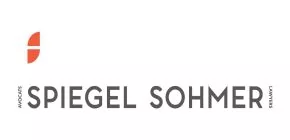Watson, Deep Blue, Alpha Go... all are synonymous with the unlimited potential of artificial intelligence. It is difficult, if not impossible, to think of any industry that will not be greatly affected or completely transformed by developments in AI. Tax law is no exception.
The use of research-assisted and predictive justice software is now commonplace, at least in certain jurisdictions, and not only in the private sector but also by the tax authorities. Although their use is not as widespread for the moment in Quebec (clearly for linguistic reasons), the absence of these tools can only be temporary. Such tools have the potential to not only substantially reduce the nature and length of certain tax disputes, but to prevent, proactively rather than reactively, any litigation that may arise from any tax filing position or tax planning.
As with any other process, the results are only as conclusive as the variables employed. In fact, the quality of the findings obtained using research-assisted and predictive justice software depends entirely on the information obtained, the facts analyzed and their prioritization. In our opinion, the future of tax litigation, and the added value of professionals practising in the field, is essentially based on the ability to identify the relevant facts, to categorize and structure them and to ultimately introduce them into evidence. It is in conjunction with such ability that the use of IA will be most effective.
The content of this article is intended to provide a general guide to the subject matter. Specialist advice should be sought about your specific circumstances.

